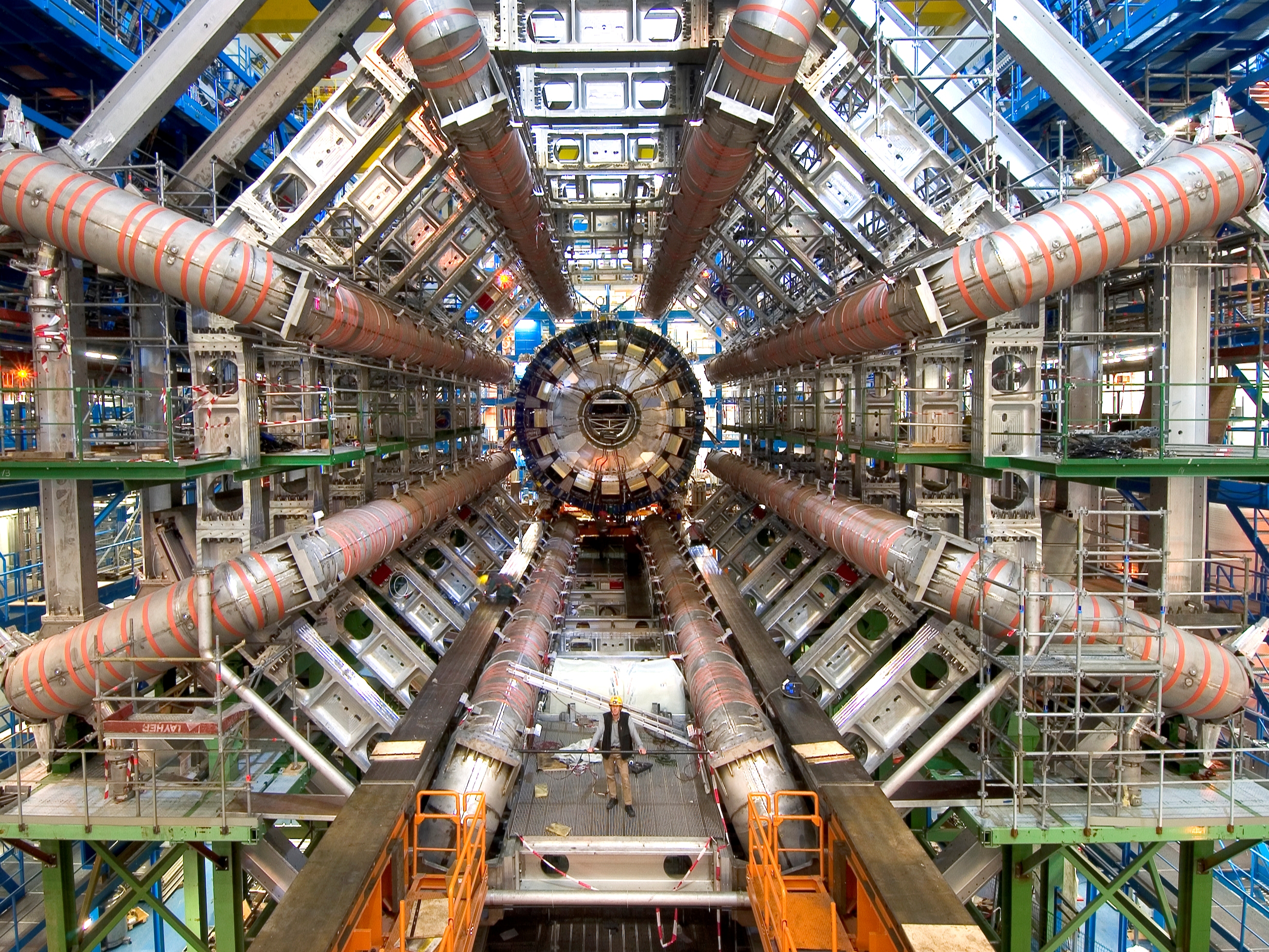Lasers could help us create a portable Large Hadron Collider
Supercolliding in the street

Particle accelerators are pretty big. The Large Hadron Collider has a circumference of 27 kilometres and China is preparing to build a supercollider that's twice that size.
But a breakthrough at the University of Maryland could let you squeeze one into a toilet cubicle. Physicists there have managed to accelerate electron beams to nearly the speed of light using record low energies - about the amount consumed by a household light bulb in one millisecond.
"Because the laser energy requirement is so low, our result opens the way for laser-driven particle accelerators that can be moved around on a cart," said Howard Milchberg, who was the senior author on a paper describing the discovery in Physical Review Letters. "If you increase the plasma density enough, even a pipsqueak of a laser pulse can generate strong relativistic effects."
'Blown Away'
It's those relativistic effects that are key to the discovery. As the laser passes through a blob of plasma, the electrons it hard begin wiggling back and forth. The ones in the centre wiggle the fastest, and as they do they increase in mass. When that happens, the beam's centre slows down, causing the laser to self-focus and gain intensity.
"We started with a very powerful laser and found that we were able to keep dialing the energy back," explained Andrew Goers, lead author on the study. "Eventually we got down to about 1 percent of the laser's peak energy, but we were still seeing an effect. We were blown away by this."
Right now, the team's cart-sized supercollider can't yet compete with the likes of CERN in terms of high-energy physics research. But for applications like medical imaging, where the main barriers to adoption are cost, complexity and portability, it could prove a very handy tool. "We may have found a solution to overcome all three of these barriers," Milchberg said.
Artificial intelligence is hunting for the science we've overlooked
Sign up for breaking news, reviews, opinion, top tech deals, and more.
